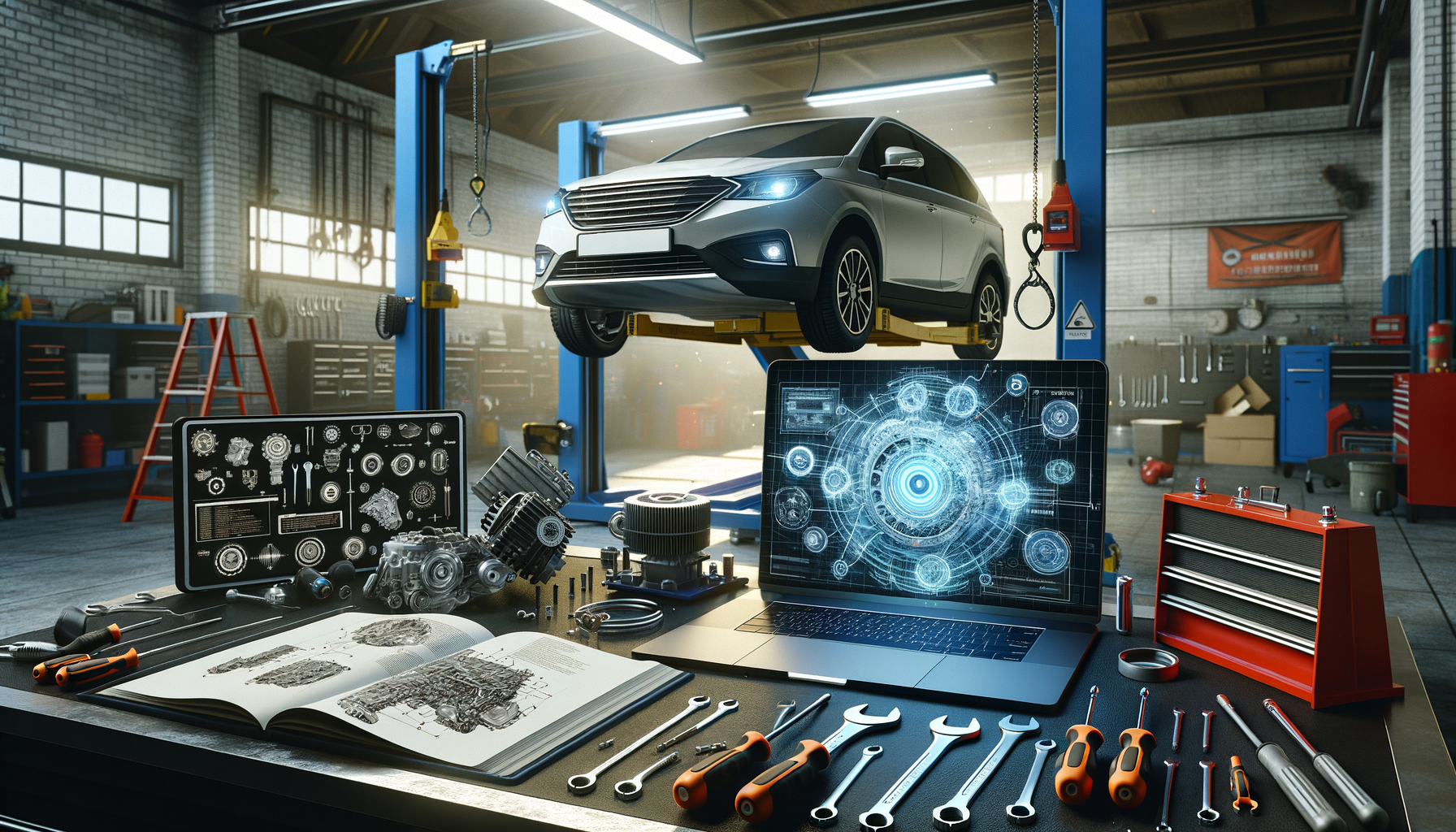Understanding the Importance of Mechanic Training
In today’s fast-paced world, the automotive industry is evolving rapidly, making it crucial for aspiring mechanics to undergo comprehensive training. Mechanic training programs are designed to equip individuals with the necessary skills and knowledge to diagnose, repair, and maintain vehicles effectively. With the increasing complexity of modern vehicles, which often include advanced electronic systems, the demand for highly skilled mechanics is on the rise.
Mechanic training not only focuses on the technical aspects but also emphasizes problem-solving skills and customer service. Mechanics need to communicate effectively with clients to explain issues and solutions clearly. This blend of technical and interpersonal skills is vital for a successful career in the automotive sector. Furthermore, well-trained mechanics contribute significantly to road safety by ensuring vehicles are in optimal condition, reducing the likelihood of accidents caused by mechanical failures.
Enrolling in a reputable mechanic training program can open doors to various career opportunities. Graduates can work in automotive repair shops, dealerships, or even start their own businesses. With the automotive industry continuously advancing, ongoing education and training are essential to stay updated with the latest technologies and repair techniques.
Types of Mechanic Training Programs
Mechanic training programs come in various forms, catering to different interests and career goals. Understanding the types of programs available can help aspiring mechanics choose the path that best suits their aspirations.
1. **Certificate Programs**: These are short-term courses that provide fundamental knowledge and skills. They are ideal for those looking to enter the workforce quickly.
2. **Diploma Programs**: Typically lasting one to two years, these programs offer more in-depth training, covering various aspects of automotive technology.
3. **Associate Degree Programs**: These two-year programs provide comprehensive education, including both technical training and general education courses. Graduates often find themselves with more advanced opportunities in the field.
4. **Apprenticeships**: Combining hands-on experience with classroom instruction, apprenticeships allow students to learn directly from experienced professionals. This path is excellent for those who thrive in practical learning environments.
Each type of program has its benefits, and the choice largely depends on the individual’s career goals and the time they are willing to invest in their education.
Key Skills Acquired in Mechanic Training
Mechanic training programs are designed to equip students with a wide range of skills necessary for success in the automotive industry. These skills are crucial for diagnosing and repairing various vehicle issues efficiently.
1. **Technical Skills**: Mechanics learn to use specialized tools and equipment to diagnose and repair vehicles. They gain knowledge of engine systems, transmission, brakes, and electrical components.
2. **Problem-Solving Skills**: Mechanics must be able to identify the root cause of a problem quickly and determine the most effective solution. This requires analytical thinking and a methodical approach to troubleshooting.
3. **Communication Skills**: Effective communication is essential for mechanics to explain complex technical issues to customers in an understandable manner. This skill helps in building trust and ensuring customer satisfaction.
4. **Attention to Detail**: Precision is vital in automotive repair. Mechanics must pay close attention to details to ensure repairs are done correctly and safely.
5. **Adaptability**: The automotive industry is constantly evolving, with new technologies emerging regularly. Mechanics must be adaptable and willing to learn new techniques and technologies.
These skills not only enhance a mechanic’s ability to perform their job effectively but also increase their employability and potential for career advancement.
Choosing the Right Mechanic Training Program
With numerous mechanic training programs available, selecting the right one can be a daunting task. However, considering certain factors can help aspiring mechanics make an informed decision.
1. **Accreditation**: Ensure the program is accredited by relevant industry bodies. Accreditation signifies that the program meets specific standards of quality and is recognized by employers.
2. **Curriculum**: Review the curriculum to ensure it covers the latest technologies and techniques. A comprehensive curriculum should include both theoretical knowledge and practical training.
3. **Facilities**: Visit the training center to assess the facilities. Modern tools and equipment are essential for effective training.
4. **Instructor Expertise**: Experienced instructors with industry knowledge can provide valuable insights and guidance to students.
5. **Placement Assistance**: Programs that offer job placement assistance can significantly enhance a graduate’s chances of securing employment.
By carefully evaluating these factors, aspiring mechanics can choose a program that aligns with their career goals and provides the training necessary to succeed in the automotive industry.
Career Opportunities for Trained Mechanics
Completing a mechanic training program opens up a wide array of career opportunities in the automotive industry. Trained mechanics are in high demand, and their skills are transferable across various sectors.
1. **Automotive Repair Shops**: Many mechanics find employment in repair shops, where they diagnose and fix a variety of vehicle issues.
2. **Dealerships**: Working in a dealership allows mechanics to specialize in specific vehicle brands, often providing more focused and brand-specific training and experience.
3. **Fleet Maintenance**: Mechanics can work for companies with large vehicle fleets, ensuring that all vehicles are maintained and repaired efficiently.
4. **Self-Employment**: Some mechanics choose to start their own repair businesses, offering services to local communities. This path requires strong business acumen and customer service skills.
5. **Specialization**: Mechanics can choose to specialize in areas such as diesel engines, motorcycles, or heavy equipment, further enhancing their career prospects and earning potential.
The automotive industry offers a dynamic and rewarding career for those with the right training and skills. As vehicles become more sophisticated, the demand for skilled mechanics will continue to grow, providing numerous opportunities for career advancement.




Leave a Reply